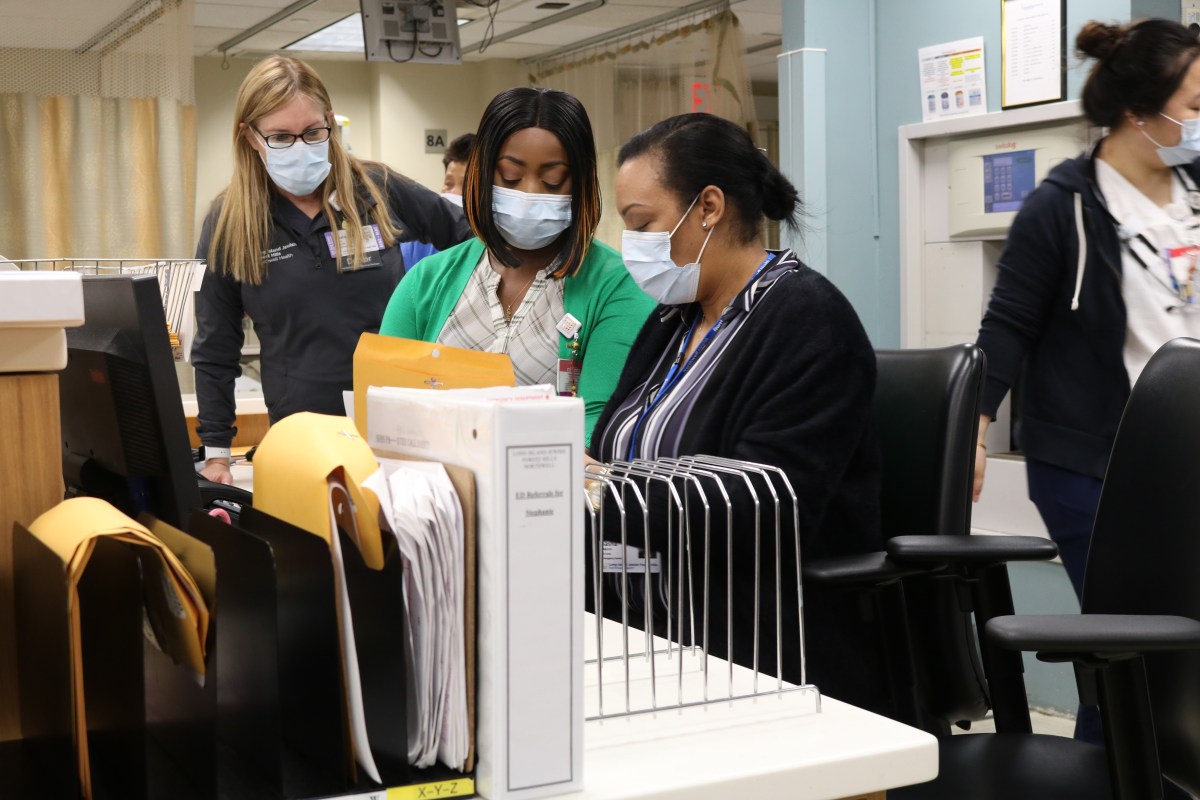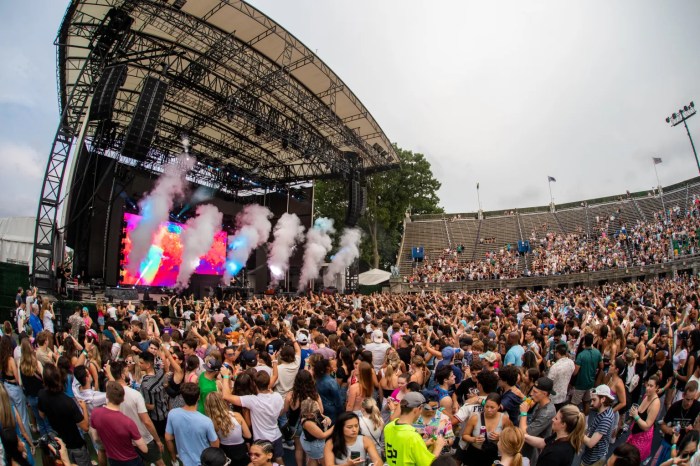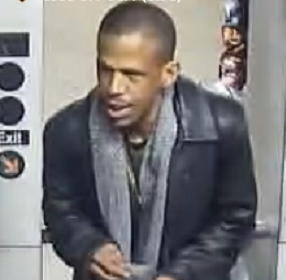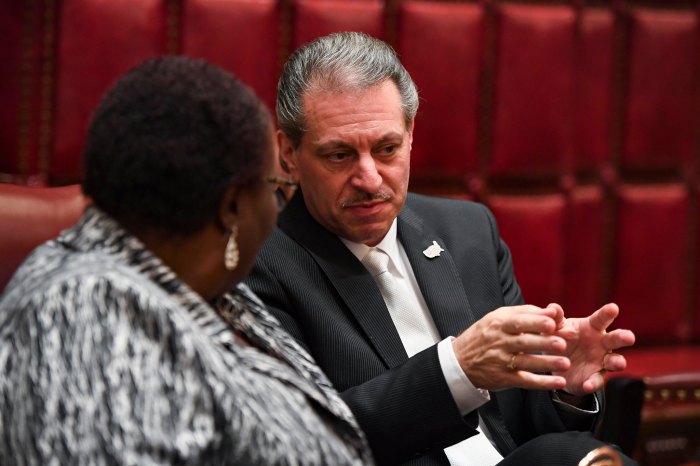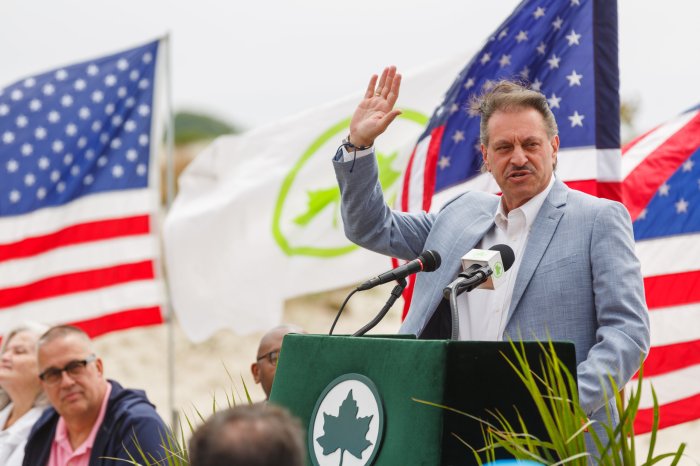A Queens hospital is working diligently to keep patients and the community safe during the coronavirus (COVID-19) pandemic.
Northwell Health’s Long Island Jewish Forest Hills Hospital (LIJ) has been conducting approximately 100 tests per day on patients with possible symptoms of the coronavirus, according to Dr. Teresa Amato, director of Geriatric and Emergency Medicine, Northwell Health LIJ.
“We’ve had patients tested positive for COVID-19 and we were prepared for this,” Amato said. “In the beginning, we weren’t able to test as many people coming in with symptoms because we were reserving the tests for people that were really sick and had to be admitted.”
However, the hospital began conducting tests at its core lab about a week and a half ago, according to Amato. It has increased the hospital’s testing abilities per day in response to an onset of patients that are symptomatic.
While caring for patients on the frontline, the hospital staff is also taking precautionary measures such as following the guidelines from the Centers for Disease Control and Prevention (CDC) on how to protect themselves, Amato said.
“We had a lot of material to review from what other countries went through,” Amato said. “We had time to educate our staff on how to keep safe and how to identify these patients, and daily huddles to go over all of their concerns making sure they understand how the virus is transmitted and to stay safe.”
Amato is encouraging the public to follow the CDC guidelines — such as washing your hands often with soap and water for at least 20 seconds, especially after visiting a public place or after blowing your nose, coughing or sneezing. Additionally, adhering to the city, state and federal protocols of staying indoors and practicing social distancing is also important, Amato said.
To stem the spread of the virus, Mayor Bill de Blasio called on New Yorkers to exercise extreme caution in the coming days, encouraging people to avoid going outside, avoid public gatherings and work from home.
The mayor signed an executive order Monday suspending all visits to correctional facilities; mandating business closures for restaurants, bars, cafes, gyms and other public spaces; and requiring all hospitals to suspend elective surgeries within the next 96 hours.
On Tuesday, Gov. Andrew Cuomo confirmed there are a total of 1,374 coronavirus cases in New York state — with 814 of those cases in New York City and 12 deaths so far.
“I think now we’re in a phase of seeing more and more cases and we should soon know whether this social isolation actually was effective,” Amato said. “If you look at the science behind it, it should work. It just makes sense — the more you’re not in contact with people, the better chances of not transmitting the virus. I really hope with these measures put in place, we will see less of a peak curve than we saw in other countries.”
For Amato, the coronavirus pandemic brings back feelings of anxiety during her nursing career in the height of the AIDS epidemic in New York City, she said.
“Going through that has helped put things into perspective. Once we understood how AIDS was transmitted and realized if you were to attract it, it was a deathbed because there was no treatment at the time,” Amato said. “I think that’s the same feeling people are having now. We came through that epidemic and we’re going to come through this one.”
Amato is urging senior citizens over 65 years of age, who are more prone to becoming ill and succumb from the virus, to stay indoors. She is encouraging family members and friends to use smart phones and tablets to interact with their loved ones, and refrain from visiting group homes.
“If an elderly person is showing symptoms, such as shortness of breath, it’s important to get in touch with a healthcare provider and consider whether or not to come into the emergency room,” Amato said.
Amato expressed gratitude for the overwhelming support pouring in from the public showing appreciation to healthcare providers working double time issuing comfort and care to those who have COVID-19.
“We realize that this epidemic is a bit of a marathon and not a quick race, and so it’s easy to get a little overwhelmed,” Amato said. “Every positive comment on social media goes a long way to understand that people do appreciate that we’re all on the frontlines, and we’re really dealing with a virus in a very personal way.”

